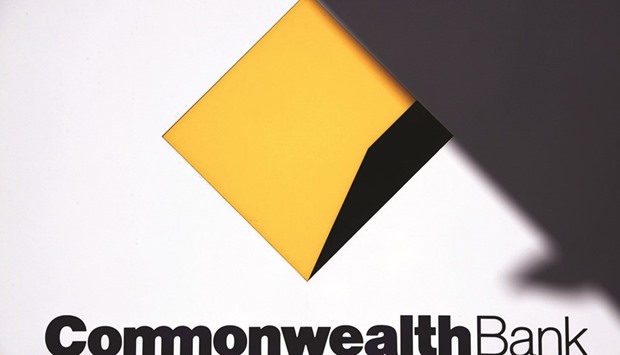Short interest has once again spiked in Australia’s biggest bank stocks, a trade historically so unsuccessful it was nicknamed the “widow-maker.”
Previously, the trade has been driven by so far unfounded notions ranging from an Australian housing-market crash to a hard landing for China’s slowing economy.
This time, the rise in short interest on Commonwealth Bank of Australia and its three largest rivals is a side-effect of the global bond rout caused by Donald Trump’s US presidential election victory, which has focused attention on the banks’ dividends.
Bond yields have risen around the world as investors bet that Trump will increase government spending, leading to higher inflation and interest rates in the US, which will flow through to other economies. This has made higher-dividend stocks around the world – like Australian banks – less attractive to some investors as rising bond yields sap the appeal of income-paying equities.
Dividend payouts by the country’s lenders are already under pressure from an increasing regulatory burden and the need to hold more capital, at a time when bad debts are edging upward.
“There’s still a belief that the bubble in our bank stocks is going to burst and the shorters want a piece of the action when it happens,” said Ben Le Brun, a Sydney-based trader at OptionsXpress Australia, a unit of Charles Schwab Corp.
The pace of the increase in bank short positions has outstripped the country’s biggest stocks.
Average short interest on the big four lenders climbed to 1.6% of outstanding shares on November 17 from 1.1% a month earlier, data compiled by Markit and Bloomberg show.
The average for the benchmark S&P/ASX 200 Index’s largest non-bank stocks rose to 1.78% from 1.75% over the same period.
“International hedge funds have targeted the banks on the growing list of concerns that goes on and on, from the property market to capital raisings,” Le Brun said.
The latest round of short selling may not last long.
World- beating returns and favourable tax laws for dividend payments have in the past encouraged investors to take advantage of declines in bank stocks, which are favoured by Australian pension funds.
That’s harmed bets by short sellers, who wager on declines by borrowing shares to sell with the expectation of buying them back later at a lower price.
“There are a lot of burnt fingers trying to short the banks,” said Le Brun. “Many have tried and pretty much all have failed for a long time now.
But fortune favours the brave and whether it turns into a profitable trade at some stage does remain to be seen.”
The lenders are “very attractive” stocks that should benefit as some investors focus on the positive effect of potentially higher interest rates – as signalled by higher bond yields – on Australian banks’ margins, according to Carlos Castillo, a senior equity portfolio manager at AMP Capital Investors Ltd Domestic investors are already looking to cover their short positions in banks, he said, citing local brokers.
Representatives for Commonwealth Bank and its largest rivals – National Australia Bank Ltd, Westpac Banking Corp and Australia & New Zealand Banking Group – declined to comment.
CBA and Westpac shares rose 0.6% in Sydney this week. NAB climbed 0.7%, while ANZ advanced 0.9%.

Australia’s Commonwealth Bank logo is seen at a branch in Sydney. The rise in short interest on Commonwealth Bank and its three largest rivals is a side-effect of the global bond rout caused by Donald Trump’s US presidential election victory.
